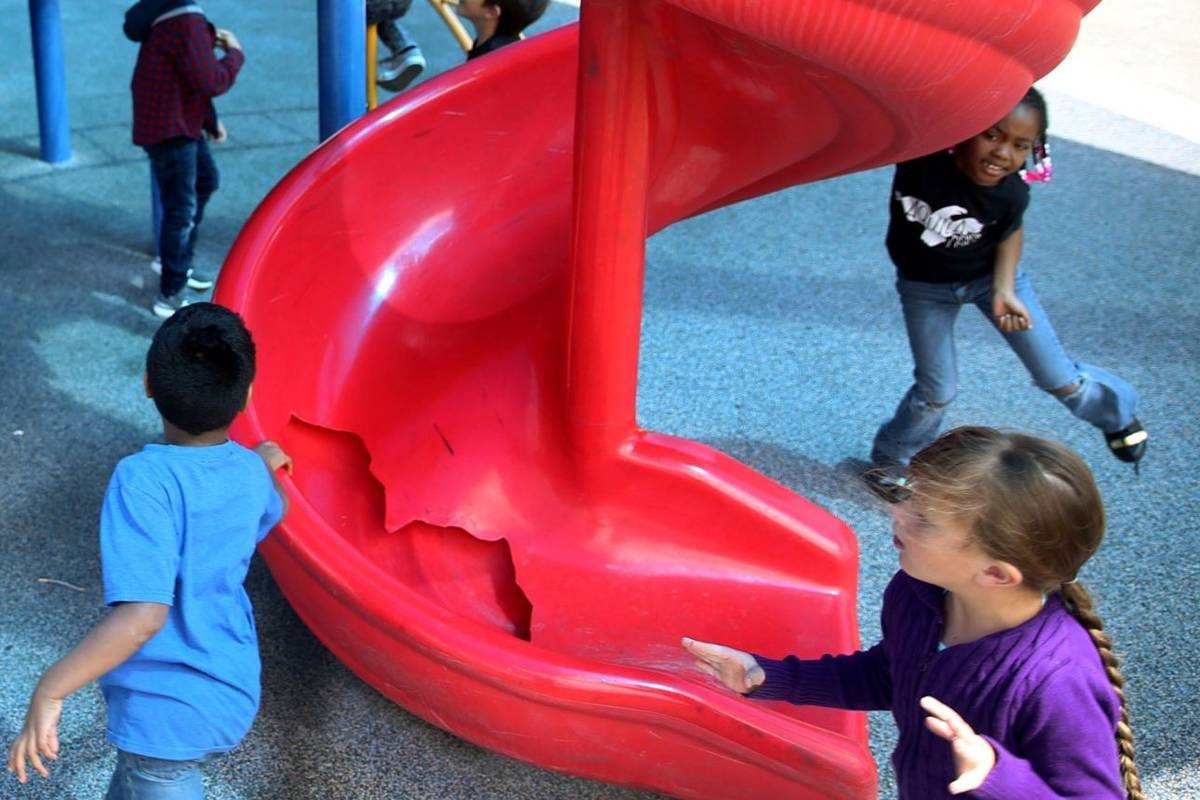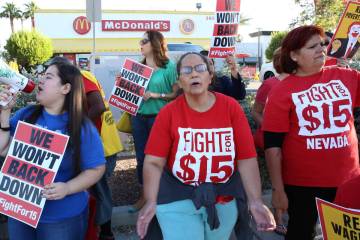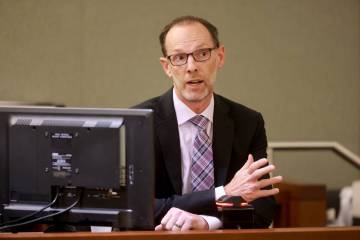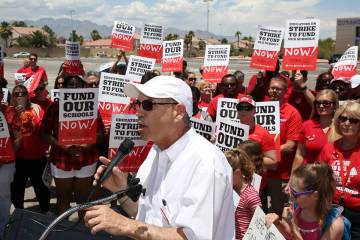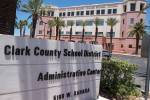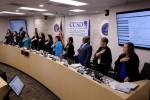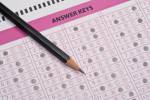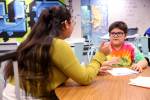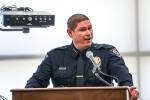EDITORIAL: Will the public schools recover after COVID?
The pandemic has laid bare the self-serving arrogance of teachers unions. Not individual teachers, but teachers unions. How long can these organizations continue to garner sympathy from parents now that it’s abundantly clear “the children” rank near the bottom of their priority list?
Students in many jurisdictions haven’t seen the inside of a classroom for more than a year. The Clark County School District only last month allowed younger children back on campus for a few days each week; a limited number of older students began returning to abbreviated on-site learning last week.
The over-reliance on remote learning — which for many children is no learning at all — will have devastating long-term ramifications, particularly for low-income and minority kids. It didn’t have to be this way. Those under the age of 18 have virtually nonexistent risk of serious complications from COVID. Public health experts have argued for months that schools across the country could be safely reopened with minimal danger to teachers — indeed, many private schools have offered on-site learning since August.
Yet teachers unions ignored concerns about student development and instead hijacked the pandemic to demand that districts boost spending under the guise of promoting virus safety. It isn’t altogether clear that union members in many large cities will come back to school even in August. Shameless doesn’t begin to describe the hubris. But there may be a price to pay down the road.
The Census Bureau announced last week that the number of students who have dropped out of the public school system and are now being home-schooled nationally has more than tripled since before the pandemic. At the end of 2019, just 3.3 percent of U.S. students were home-schoolers, i.e., taught by parents with a curricula selected by parents. That number began to rise when schools shut down in early 2020 and hit 11.1 percent by last fall.
The figures for Nevada revealed an even more significant flight from the public school system. The Census Bureau reports that just 2.5 percent of Nevada kids were home-schoolers last spring. By last fall, it was 13.1 percent.
Significantly, minority children and parents led the exodus. Prior to the pandemic, U.S. Black children were the group least likely to home-school, with just 3.3 percent learning at home. By fall, about 16 percent of Black kids had ditched the public schools to home-school, a higher percentage than for any other demographic.
Falling public school enrollment means less money for many districts. And “missing students” have become common all across the country.
An October report by National Public Radio found “enrollment declines in dozens of school districts across 20 states. Large and small, rich and poor, urban and rural — in most of these districts the decline is a departure from recent trends.”
Some of this is certainly driven by parents worried about the safety of in-person learning while the pandemic rages on. Those students will likely return once the virus dissipates. But there’s little doubt that at least a portion of those now schooling outside the traditional system — private school enrollment is also up — will continue to seek alternatives even as schools gradually reopen.
In addition, the learning disruptions triggered by COVID have also invigorated the school choice movement, particularly in minority communities saddled with subpar public schools. A poll conducted by the Clark County Education Association in 2016 showed significant support from Black and Hispanic parents for more educational options. That number is likely higher today thanks to public school closures. Democrats in Carson City might take notice.
Teachers unions have traditionally fought to limit home-schooling and to neuter school choice proposals. How ironic that union intransigence over reopening the nation’s public schools may eventually lead to more of both.



